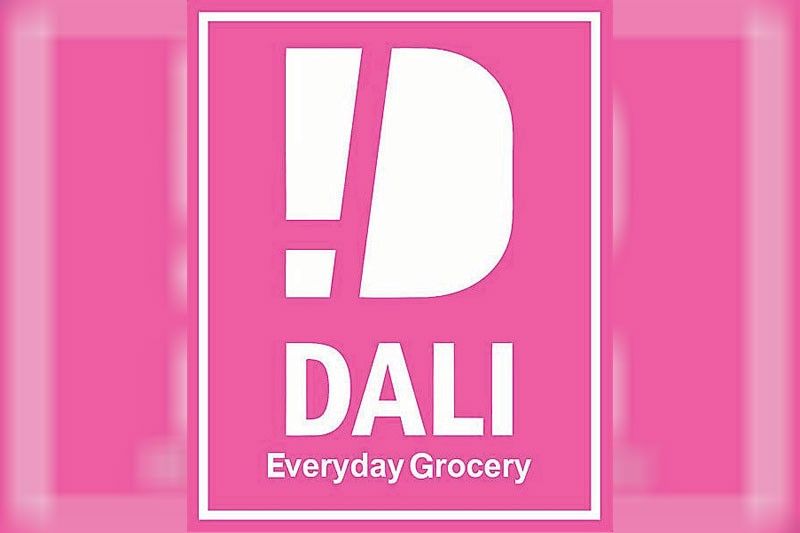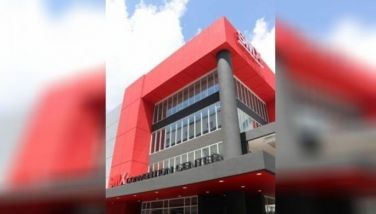DALI gears up for expansion

New kid on the block
MANILA, Philippines — The newest challenger in the local retail market, DALI Everyday Grocery, is giving retail giants a run for their money as it gears up for further expansion in a bid to reach more Filipino consumers whose pockets are hurting from high commodity prices.
Since starting commercial operations in February 2020 with the opening of the first franchised store in Santa Rosa, Laguna, DALI has managed to grow its retail stores to over 250 as of end- 2022 despite the challenges posed by the pandemic.
“DALI is currently present in Luzon only and will continue to expand in all directions to increase its footprint and make groceries more affordable through efficient operations and private label products,” Joerg Gruenewald, chief financial officer of Hard Discount Philippines Inc., owner and operator of DALI Everyday Grocery, told The STAR.
Hard Discount Philippines is a wholly owned subsidiary of HDPM Sin Pte. Ltd., a foreign company incorporated under the laws of Singapore.
Dali Discount AG is the ultimate parent of Hard Discount Philippines and HDPM Sin, which was founded in Switzerland in 2020 with geographic focus in Southeast Asia.
With high population growth, sensitivity to food inflation and a high proportion of food spending relative to income, DALI believes that emerging markets like the Philippines offer much potential for implementing hard discount retail.
DALI is the first company in the country to focus on hard discount retailing, with stores established mostly in rural and peri-urban communities, instead of premium commercial centers in the cities.
Its stores offer a limited number of food and non-food products, mostly covering daily household needs.
The company aims to provide Filipino families with good quality products at the lowest possible prices by operating very efficiently and avoiding things that can potentially increase the retail price of a product.
“DALI is different. We operate at the absolute minimum cost, but with well paid permanent employees,” Gruenewald said.
“We sell out of the box. We don’t operate 24/7. We don’t spend for marketing or any other convenience – no packers, no parking assistants, etc. With the lower cost that we have, we are able to offer high-quality products at lower prices,” he said.
In March last year, the Asian Development Bank signed an equity investment of $15 million in DALI Hard Discount to expand its network of retail stores and distribution centers and cold chain infrastructure in the Philippines.
“Almost half of households in the Philippines are moderately or severely food insecure, and rising inflation is making it more expensive for them to purchase essential household products,” ADB director general for private sector operations Suzanne Gaboury earlier said, noting that ADB’s support for DALI’s expansion will contribute to food security and food safety by ensuring essential products are available to consumers at affordable prices.
Based on its annual financial statement in 2022, Hard Discount Philippines is forecasting that profit margins of the company will improve over the next five years, resulting from the implementation of cost efficiency measures.
“Management believes that with the planned increase in equity, the commitment of and continued financial support from the parent company and the projected improvement in net profit margin, the company will be able to generate sufficient cash flows from its operations to meet its obligations as and when they fall due,” it said.
RCBC chief economist Michael Ricafort said consumers would benefit from lower prices, more product offerings and better choices offered as a unique value proposition by a retailer that could disrupt both local and foreign retail players and could undercut especially the bigger and more established players in the country.
“Lower costs through better economies of scale with suppliers/wholesalers and the use of technology would help sustain the business model on offering competitive prices compared to more established retailers, especially in aggressively getting more market volume in the market,” Ricafort said.
- Latest
- Trending



























